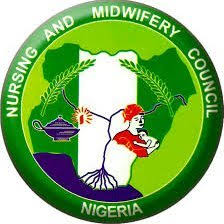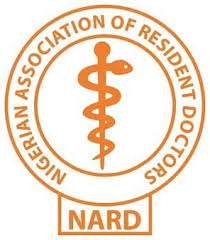Mental health experts of Nigerian origin in the United States of America have expressed dissatisfaction over the neglect of mental healthcare services in the healthcare system of their country of birth.
To put things right, the diasporans under the aegis of Nigerian Mental Health Practitioners, U.S.A Inc., have rolled out several interventionist programmes to ensure that mental healthcare services are efficiently delivered in Nigeria.
The President of NMHP, Dr Azubuike Aliche, told journalists in Umuahia that the U.S.-based group would intervene to transform Nigeria’s mental healthcare service delivery by creating awareness and training of personnel.
He said even though they reside abroad, distance would not constitute a barrier to putting their expertise at the disposal of their native land in the search for accessible and efficient mental healthcare services.
“We want to intervene because mental health issues are not getting adequate attention and have never been given the needed attention,” he said, adding, “We want to help”.
Azubuike, who is an expert in clinical social work/therapy, said that his group has set up a nongovernmental organisation, the Nigerian-American Institute for Mental Health(NAIMH), which it would use to drive its interventions.
He said the institute would engage in creating awareness about mental health and training people in that area of medical practice to bridge the gap of inadequate personnel.
The President of NMHP said they would take mental health awareness down to the rural areas of Nigeria and make mental health part of the healthcare services at the Primary Healthcare Centres.
This, he explained, was necessary since much of the primary healthcare services in Nigeria are delivered on a physical basis.
“We want to involve community health workers. We can train them to identify and manage people with mental health issues,” he said.
The U.S. licensed clinical social worker stated that his organisation would work with mental health practitioners, governments, institutions and other stakeholders in Nigeria to achieve the set objectives.
Azubuike, therefore, announced that his group would on April 13, 2024, hold a conference at Godfrey Okoye University Enugu with the theme “Towards Primary Mental Healthcare in Nigeria”, during which stakeholders would brainstorm on the way forward.
He lamented the dearth of mental health practitioners in Nigeria, saying that despite its huge population of over 200 million the country has just about 200 psychiatrists, which is grossly inadequate.
Explaining the training component of the planned interventions by the NMHP, Dr Aliche noted that the mental health system “should not be built only around psychiatrists”.
According to him, other healthcare professionals could be trained to manage mental health issues, adding that licensed social workers provide more mental care services than psychiatrists and psychologists.
Aside from the inadequacy of personnel in mental health care in Nigeria, Azubuike also pointed out the lack of needed infrastructure to cater for the WHO's estimated 20 per cent of Nigerians that have one form of mental issue or the other.
He said that only about 10 per cent of Nigerians with mental problems have access to mental healthcare because the “government has not paid much attention to this aspect of healthcare services and politicians have never made it a campaign issue”.




